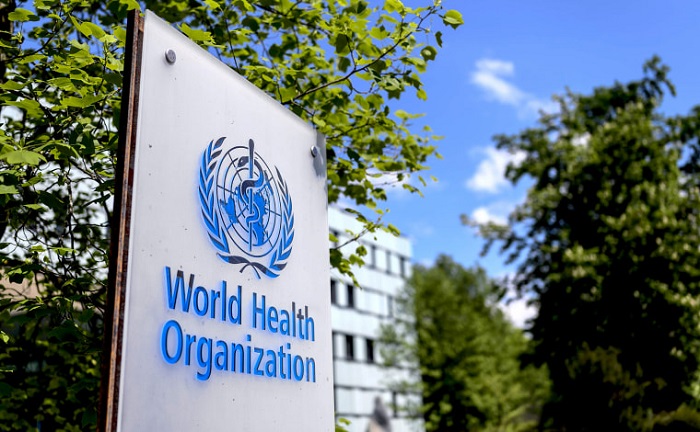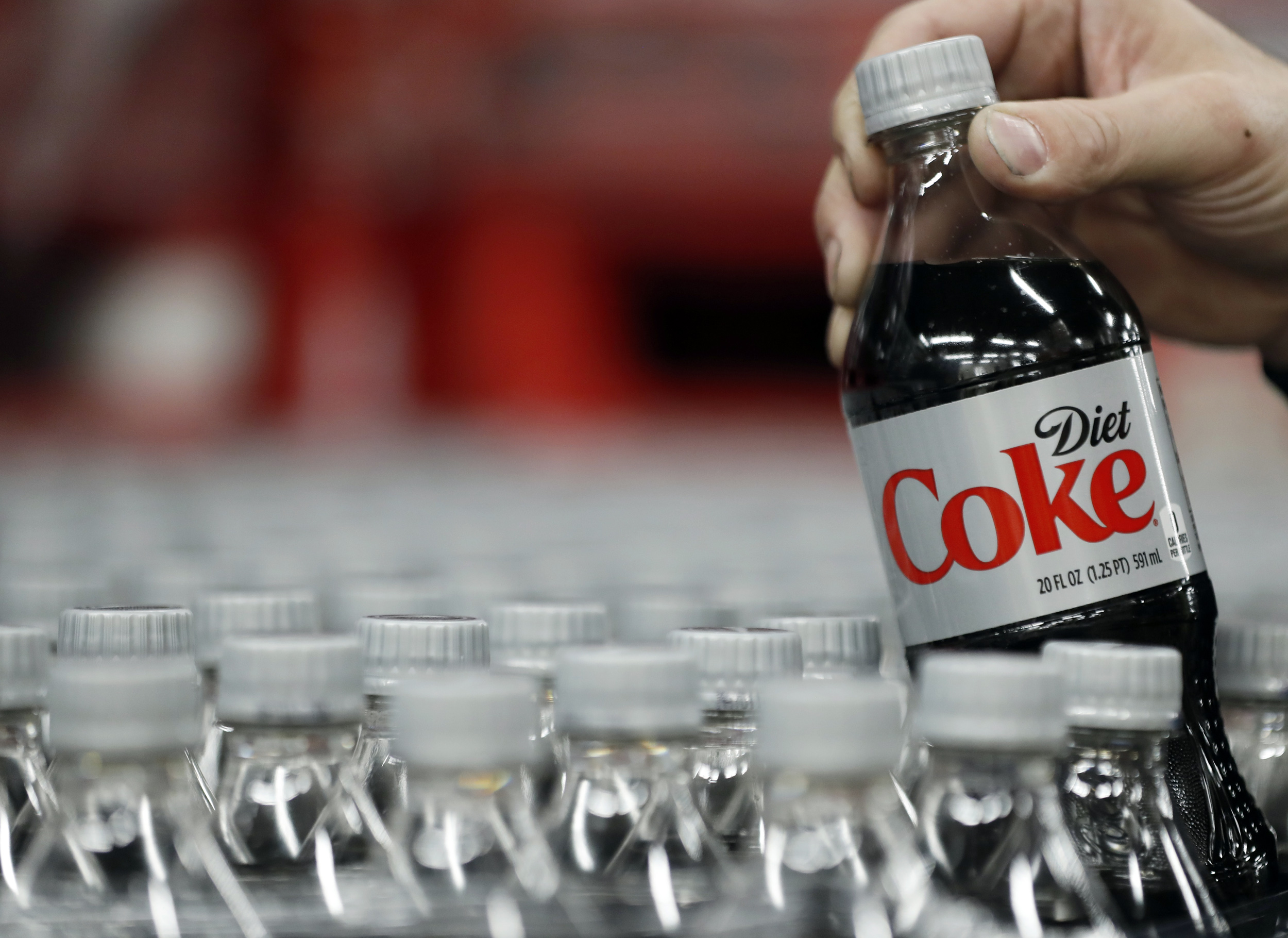The International Agency for Research on Cancer (IARC) and the Joint Committee on Food Additives (JECFA), two groups associated with the World Health Organization (WHO), have declared aspartame, a popular sweetener used in various products, as a “possible carcinogen.”
The IARC’s classification indicates that limited evidence suggests the potential of aspartame to cause cancer. The JECFA emphasizes that consumption levels of aspartame should remain below 40mg/kg per day.
However, several scientists not associated with the reviews have stated that the evidence linking aspartame to cancer is weak. Food and beverage industry associations have expressed that aspartame is safe and a good option for individuals seeking to reduce sugar intake.
The WHO has emphasized that most consumers are not at risk from the existing consumption levels of aspartame.

The classification of aspartame as a “possible carcinogen” serves as a call to the research community. It urges them to further investigate and understand any potential hazards.
Some concerns have been raised that the classification might lead some diet soda consumers to switch to caloric sugar beverages. However, health professionals have highlighted that weight gain and obesity are more significant risk factors than the substance itself.
Overall, the WHO’s conclusion reaffirms that this ingredient is safe as a part of a balanced diet.
In response to the classification of it as a “possible carcinogen,” the scientific community has recognized the need for further research to fully understand any potential risks. The WHO’s classification serves as a reminder that ongoing studies and investigations are necessary to ensure the safety of food additives. This declaration encourages scientists to delve deeper into the possible effects of this ingredient on human health.
Other research on Aspartame
It is worth noting that regulatory authorities around the world, including the U.S. Food and Drug Administration (FDA) and the European Food Safety Authority (EFSA), have extensively reviewed the safety of aspartame. They have concluded that consumption within established limits is safe. These organizations consider the existing scientific evidence and base their assessments on rigorous evaluations.










